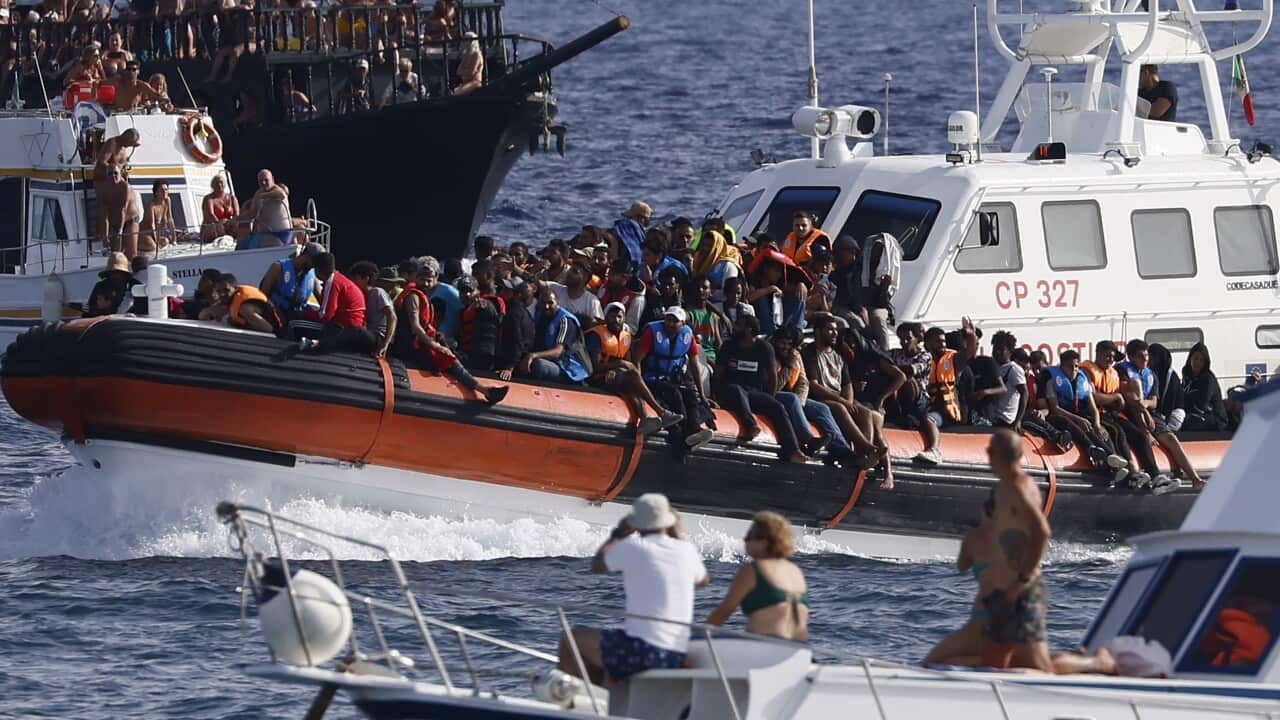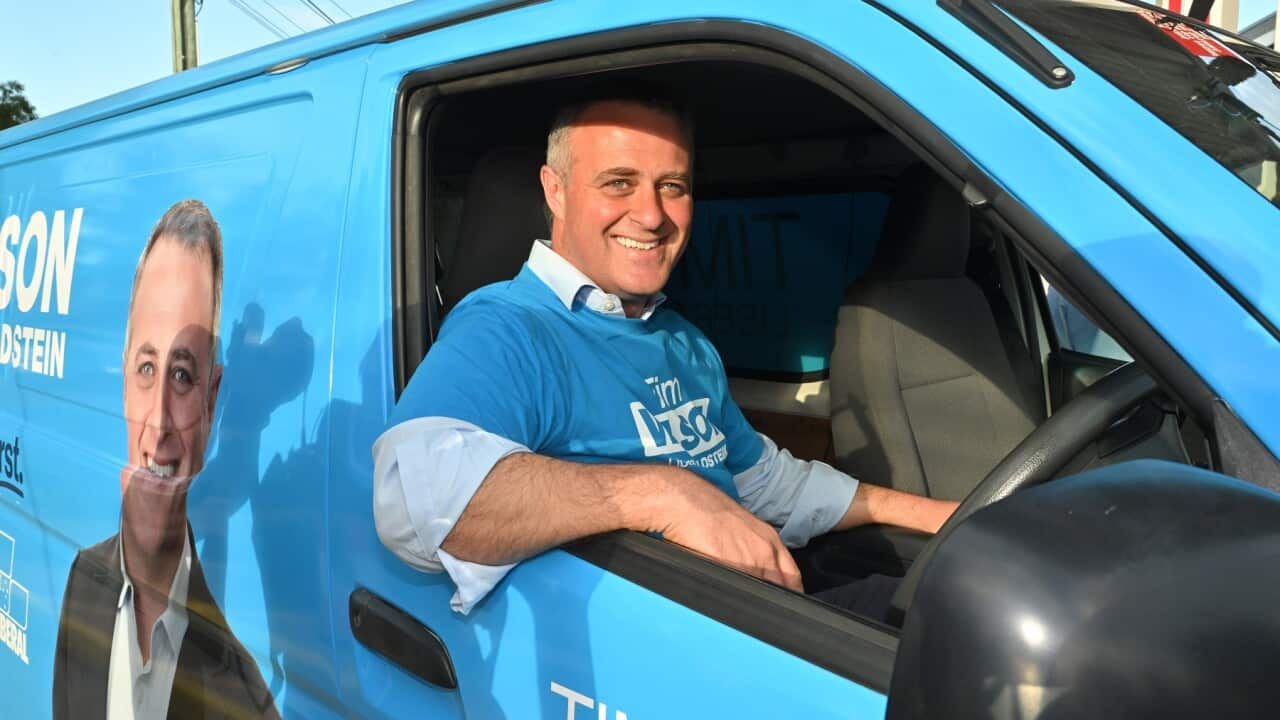TRANSCRIPT
European Union envoys have managed to secure a crucial breakthrough in their efforts to overhaul the bloc's asylum rules. It means an agreement could be implemented before next year’s European Parliament elections (6-9June 2024}.
EU representatives have agreed on measures that countries could take in the event of a massive, unforeseen movement of migrants toward their borders. It means that the 27 member nations now have a negotiating position to take into talks with the E-U parliament. The deal involves setting up processing centres on the E-U’s outside borders where arrivals would be screened. The pact includes the option to detain people until their asylum claims are assessed.
The Spanish Secretary of State for the European Union, Pascual Navarro Ríos, wants the reforms swiftly adopted.
"Now the main point of this debate, this pact on asylum and migration. The European Council on several occasions has said that this is of fundamental importance if we are to guarantee our common asylum system. If we want to respond effectively to situations such as the ones that we've seen recently in Lampedusa during the summer. We made considerable progress in our inter-institutional negotiations regarding the different parts of this pact, different proposals. And as co-legislators, we are determined to move forward. We want to adopt the necessary reform of this asylum system, and we want to do it by the end of this term."
The Vice-President of the European Commission, Margaritis Schinias, says the matter must be handled with the utmost urgency.
"Time is running out. In few months, there will be elections. We need the pact done and dusted before Europeans go out to vote. I call you, I ask you that once we have the green light from the Council, you adopt your mandate also on the return directive and continue trilogues on all other files."
The pact was touted as the answer to the E-U’s migration woes when it was made public in September of 2020. The bloc’s old rules collapsed in 2015 after well over one million people arrived in Europe without authorisation. Most people were fleeing war in Syria or Iraq. Little progress was made on the pact, at the time, as member states bickered over which country should take charge of migrants when they arrive and whether other countries should be obligated to help.
Mr Schinias says Europe must unite to tackle the issue.
"The whole of Europe is now watching us. Measuring carefully my words, I would say history is watching us. If we fail, then we will give fuel to the false claims made by the enemies of democracy, by Russian disinformation, that Europe is incapable of managing migration. But if we succeed, we will show that Europe can unite on this issue that's so important to our citizens."
Britain's Home Secretary, Suella Braverman, has warned of what she's called an incoming "hurricane" of migration. Speaking at the Conservative Party conference, she has vowed tough action to deter illegal arrivals.
"Now one of the most powerful forces reshaping our world is unprecedented mass migration. The wind of change that carried my own parents across the globe in the 20th century was a mere gust compared to the hurricane that is coming. Because today the option of moving from a poor country to a rich one is not just a dream for billions of people. It is an entirely realistic prospect."
Ms Braverman says the British government will do whatever it takes to stop illegal migration.
"We will soon begin closing down asylum hotels. ... Our Illegal Migration Act, which will come into force in the coming months, now means that the only route to asylum in the UK is a legal route. The act means that those arriving illegally will be detained and removed back to their home country if possible, or to a safe third country like Rwanda. And be under no illusion. We will do whatever it takes to stop the boats and deter bogus asylum seekers."
Britain's government has made it harder for migrants to seek asylum in Britain, including introducing a law that requires anyone arriving in small boats across the English Channel to be detained and then deported permanently to their home nation or third countries. Despite being passed by Parliament, the law has not yet taken force. The only third country that has agreed to take migrants from Britain is Rwanda, and no one has yet been sent there as that plan is being challenged in the UK courts.













